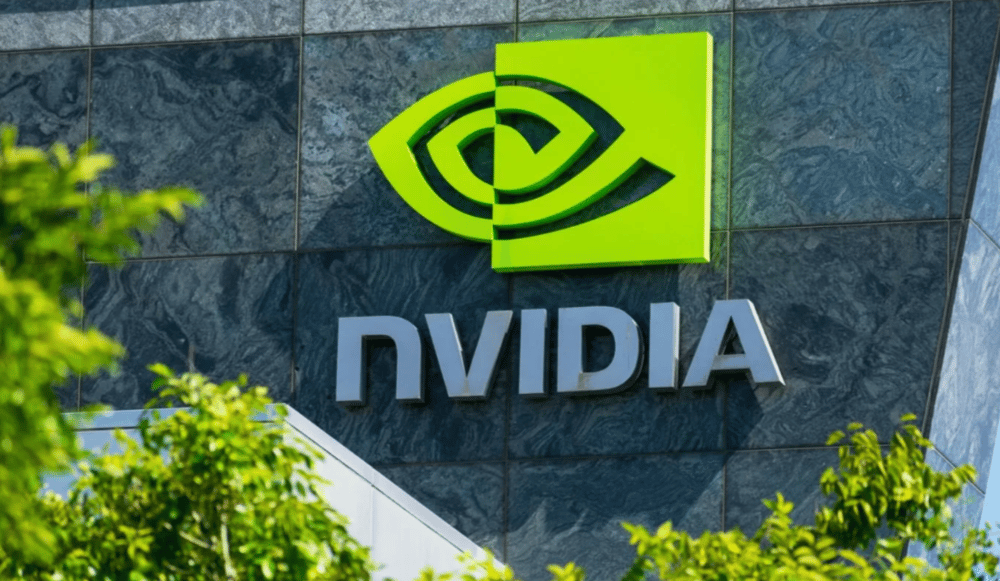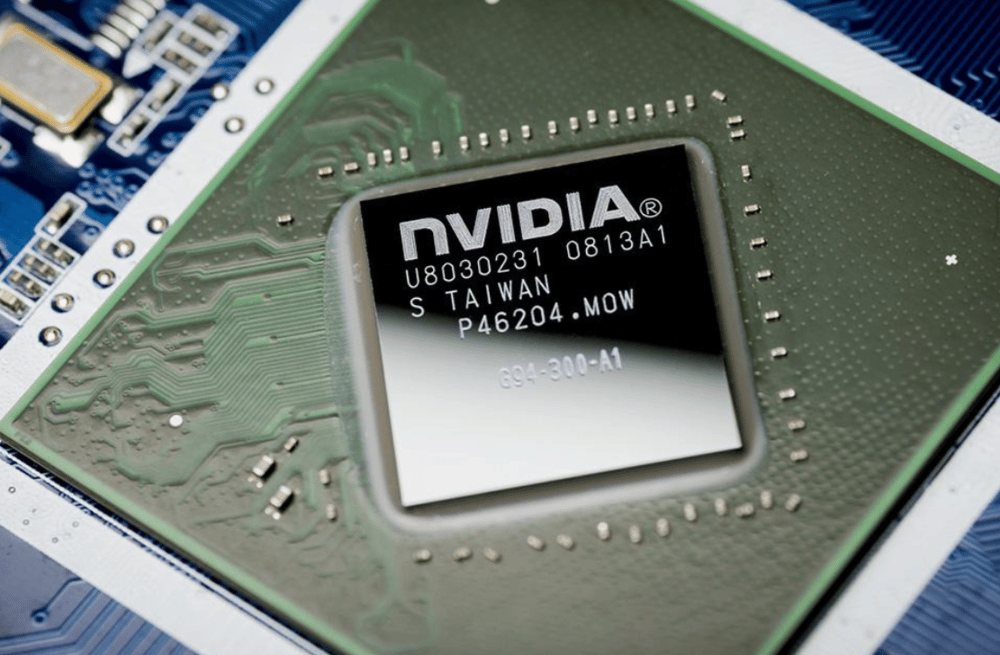Nvidia and US Export Controls – Challenges and Adaptations
Recent statements from Nvidia $NVDA have attracted significant attention from analysts and financial market experts. The company has announced an expected loss of USD 5.5 billion following new US restrictions on the export of its advanced artificial intelligence chip, H20, to China – a key market for its cutting-edge technology. These restrictions are part of a broader US strategy to prevent the sale of the most advanced chips to China, aiming to maintain a competitive edge in the race for artificial intelligence supremacy.
Export Controls and Their Impact
The situation with the H20 chip reflects a broader US strategy to control the transfer of advanced technologies abroad. The export restrictions not only affect Nvidia's financial performance but also influence its positioning in one of the most dynamic sectors – artificial intelligence.
– H20 stands as Nvidia’s most advanced chip available for the Chinese market.
– The export ban could significantly alter long-term collaboration plans with Chinese partners.
– These limitations compel Nvidia to expedite product development within the framework of the new regulatory environment.
Market Reaction and Strategic Adaptation
Following the news, Nvidia's shares dropped by approximately 6% after market close. In response, the company has already begun developing new products that comply with the US export restrictions, ensuring continued engagement with China’s rapidly evolving artificial intelligence sector. Prominent Chinese tech giants such as Tencent $0700.HK and Alibaba $9988.HK have ramped up their orders, highlighting the sustained strong demand for AI chips. Additionally, emerging tech startups like DeepSeek have shown particular interest in cost-effective AI models, further emphasizing the importance of this market segment.
Roadmap to Innovation
1. Initiate the development of new chips that align with the US export restrictions
2. Conduct a comprehensive analysis of the regulatory impact on financial performance
3. Streamline manufacturing processes to mitigate potential losses
4. Re-strategize market engagement, particularly focusing on the Chinese sector

Strategic Growth Insights
- Transforming cutting-edge technology to meet new regulatory demands
- Adapting product offerings to cater to the increased demand for more affordable AI solutions
- Strengthening partnerships with leading Chinese tech companies to maintain market presence
- Embracing innovative product development under a stringent export control regime
Context and Analytical Conclusions
US export restrictions underscore the strategic significance of advanced technology trade and highlight the intensifying global competition in the tech sector. Confronted with substantial financial losses, Nvidia is taking decisive steps to adapt to these new market realities. Although there has been a temporary decline in share value, the company’s commitment to developing compliant and innovative products promises to preserve its technological leadership and sustain its active role in the artificial intelligence arena.















Comments
This development showcases a potentially transformative moment for automated technologies in an ever-evolving tech landscape